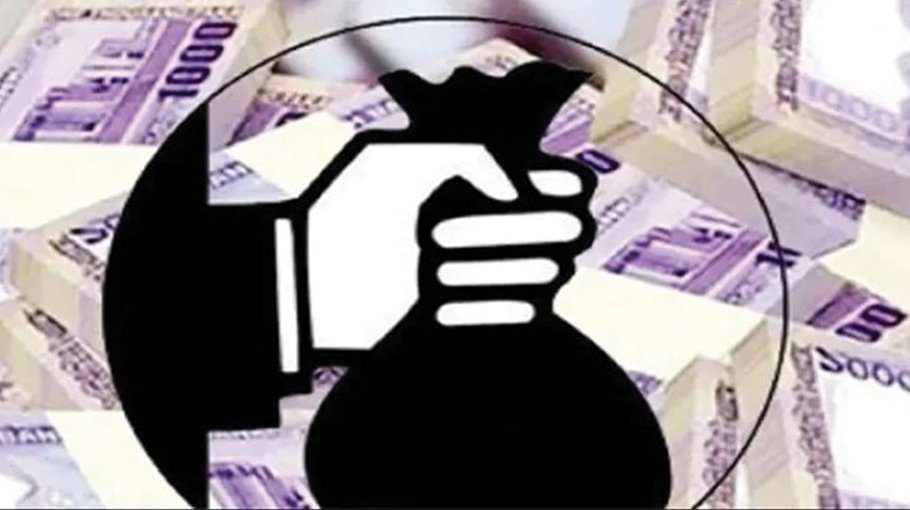Scope for legalising black money with 15pc tax draws flak

Economists and business organisations have criticised the government move to allow individuals to legalise their undeclared wealth by paying 15 percent tax.
They also argue that such an opportunity may result in economic inequalities and disincentive compliance among honest taxpayers.
In his budget speech on Thursday, the finance minister said, “According to the proposed provisions, no authority can raise any question if a taxpayer pays fixed tax rates for immovable properties like flats, apartments and land and 15 percent tax on other resources, including cash, irrespective of the existing laws of the country.”
Under the new budget proposal, individuals can declare cash, bank deposits, securities, financial schemes, and various types of savings with paying 15 percent tax. Additionally, there is scope to legalise undisclosed assets such as land and flats by paying tax based on the market value.
Zahid Hussain, former lead economist at the World Bank Dhaka office, told Bangladesh Post, “In our previous experience, we have seen that successive governments have given chance to whiten black money. But the government has failed to achieve the target to increase the flow of money.”
“Providing such opportunity will increase discrimination in the society. Expectations as dreamt by middle class people will go beyond their capacity,” he added.
This is not for the first time such an opportunity the government has given. In the fiscal year 2020-21, the government allowed whitening of black money with payment of 10 percent tax.
Economists, however, fear instability in the real estate market. By allowing black money to be invested in land and flats, the government move might push up property prices. This also could lead to an artificial hike of property, making it difficult for people to afford housing, they said. Former NBR Chairman Dr. Mohammad Abdul Majid said,
"When ordinary taxpayers must respond to numerous questions from tax officials and provide various documents to verify their income, allowing those who have not declared their assets to legalise them for a small penalty raises ethical concerns. Policymakers should consider whether this policy creates opportunities for tax discrimination."
Furthermore, the policy might encourage corruption among political leaders, government officials, and upper class people, he added.
Senior Research Fellow at Centre for Policy Dialogue (CPD) Towfiqul Islam Khan told Bangladesh Post, “We do not support such an initiative which may discourage our honest taxpayers from paying tax. Honest taxpayers might feel demotivated, which could have long-term negative impacts on the country’s tax regime.”
Metropolitan Chamber of Commerce and Industry, Dhaka (MCCI), has also expressed deep concern over the opportunity to legalise undeclared money by paying minimum tax.
In reaction to the proposed budget for the next fiscal year, MCCI has stated that such measures would discourage regular taxpayers and could be seen as penalising them.
The leading trade organisation has called for introducing maximum tax rates and penalties on black money.
At a post-budget press briefing on Friday, National Board of Revenue (NBR) Chairman Abu Hena Md. Rahmatul Munim said that due to the demand of the common people and businessmen, opportunity has been given to whiten black money.



